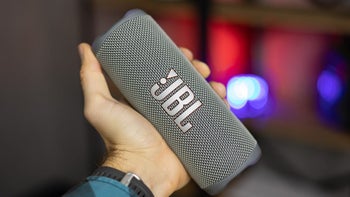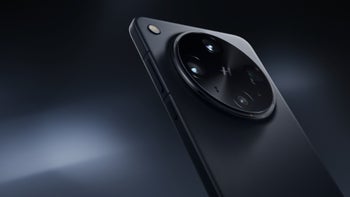Top 10 best performing smartphones according to various benchmarks (AnTuTu, GFXBench)

For the purposes of this comparison, we picked two of our favorite benchmark suites – AnTuTu, which takes a more holistic approach to testing, and two separate but extremely tasking scenarios in GFXBench, both of which give you objective data to help you understand how your device will behave when running some of the most graphics-intensive games on the planet.
AnTuTu
As mentioned, AnTuTu takes a more holistic approach to testing the performance of your device. This is achieved by analyzing how different parts of the hardware behave and then aggregating the scores into one single total. In other words, we have tests for the Android runtime, single- and multi-core integer performance, I/O, RAM, and more.
Here are the top 10 devices that best handle what AnTuTu has to throw at them, arranged in an ascending order.
GFXBench: T-Rex HD on-screen
Unlike AnTuTu, GFXBench's tests have a lot more to do with graphics performance, including render quality and performance stability. The results are measured in frames per second – a standard practice when testing games – and are thus indicative of how much or how little choppiness you can expect in that latest hit game on the app store.
T-Rex HD is a specific, medium-heavy scenario that the benchmark plays back on your device whilst the screen is turned on. Here are the top 10 devices that best handle it (ascending order)
GFXBench: Manhattan on-screen
GFXBench's 'Manhattan' segment is much alike the T-Rex HD one. It's also aimed at measuring on-screen graphics performance, but is considerably heavier than the former and is easily one of the most grueling of segments in any mobile benchmarks. In other words, even the newest, most powerful smartphones fail to reach the coveted 30 FPS milestone.
Here's who's closest (ascending order):













Things that are NOT allowed: